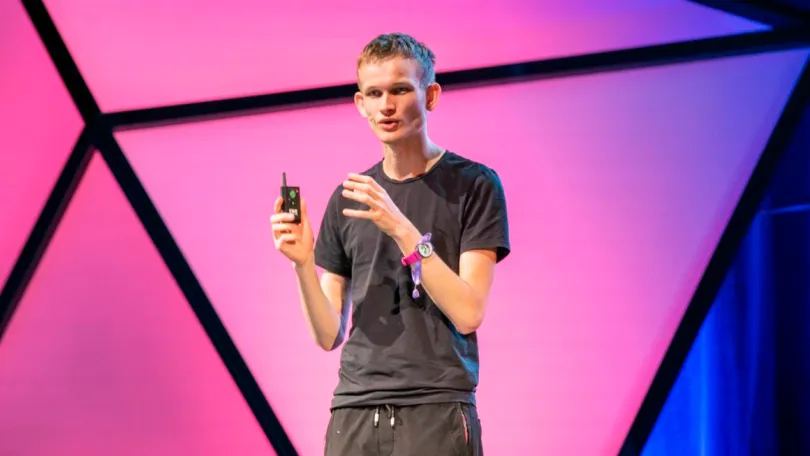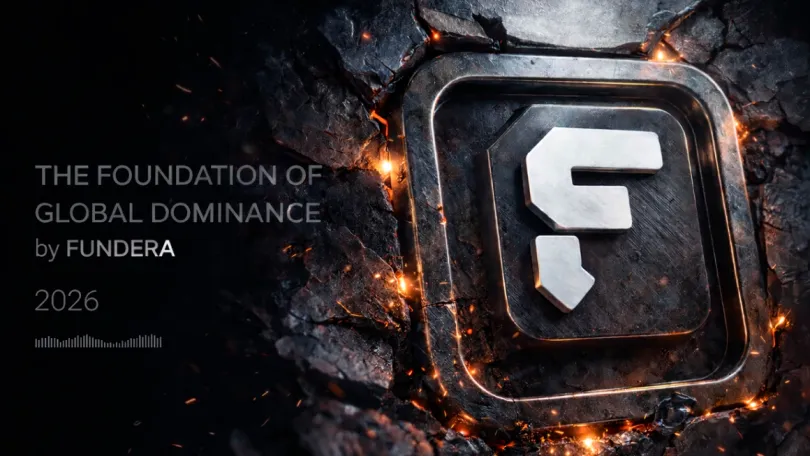
Vitalik Buterin, one of the creators of Ethereum, recently spoke about the looming danger that quantum computing could compromise the security of the blockchain.
He emphasized the urgent need to harden the network against this danger, and suggested that protective measures could be implemented in the "near future."
"We are ready to quickly implement a hard fork to solve this problem. Users will have to install new software, but the impact is expected to be minimal," Buterin assured.
To illustrate the potential of post-quantum cryptography (PQC), Buterin mentioned Winteritz one-time signatures (W-OTS) and STARK technology. He envisions a scenario where Ethereum users will seamlessly transition to account abstraction and protect themselves from quantum threats.
Buterin explained that in the initial phase of the hard #fork strategy, the blockchain will be brought back to a point of compromise. He then suggested abandoning traditional EOA transactions and moving to the RIP-7560 solution.
In addition, Buterin advocated integrating STARK evidence with zero disclosure. He suggested that preparations for the blockchain upgrade could begin "as early as tomorrow."
Recent press reports indicate a concerted effort by tech giants to promote post-quantum cryptocurrencies.
Examples of advanced computers capable of hacking first-class blockchains such as #Bitcoin and #Ethereum have emerged, particularly in China in January 2023.
Despite the potential threat posed by high-performance quantum computers with more than 10,000 qubits, experts emphasize that a significant breakthrough will take a lot of time and effort.




























